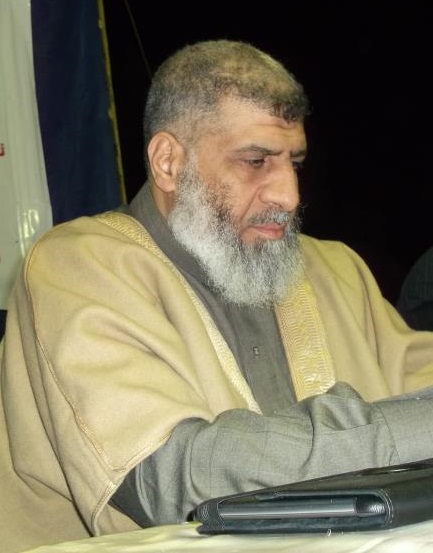In Egypt, the economic situation remains the most persisting and discussed issue by officials, the media, and the public. Many are watching for upcoming decisions related to subsidy cuts and price increases.
President Abdel Fattah Al-Sisi, who was officially inaugurated for a second presidential term on 2 June, promised “a surprise” after Eid celebrations next week, during an iftar event attended by officials and public figures.
Former Al-Masry Al-Youm editor-in-chief Mohamed Al-Sayed Al-Saleh narrated how none of the present officials would be clear about what the president meant, claiming that they did not exactly know. He also pointed out that just as the event ended, Prime Minister Sherif Ismail submitted his resignation, although there was not a word about it during the event. Al-Saleh further called on the government to bear in mind that transparency is essential in this coming phase, especially while ordinary citizens are suffering the large share of economic reform policies and are also being subjected to injustice when comparing social classes.
For Al-Ahram’s Ahmed Abdel Hakam, talk about price increases has become the only concern in many Arab countries and is almost like a “phobia.” But the writer put the blame on monopolies, greedy retailers, and free, unregulated markets.
On the other hand, in Al-Shorouk, Mohamed Saad Abdel Hafiz wrote about the young generation of Egyptians who participated in the 25 January revolution and continued to look for hope and better opportunities despite one oppressive regime after the other. According to Abdel Hafiz, speakers for such regimes are doing everything they can to prevent the Egyptians from acting like the Jordanians who protested policies of price increases accompanying an IMF loan, a situation much similar to Egypt’s.
On a different note, as the political conflict between Qatar and the Arab quartet entered its first year, Al-Masry Al-Youm’s Yasser Abdel Aziz called for greater pressure on Qatar, which, according to him, has not stopped funding terrorism. Abdel Aziz opined that the quartet’s pressure succeeded in keeping Qatar busy with finding solutions to its isolation, which included buying weapons from many countries, in order to “buy” their support, all of which proves the success of the quartet’s policies and the necessity of their continuation, he said.



